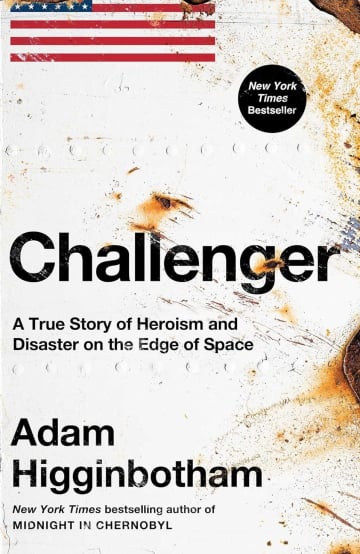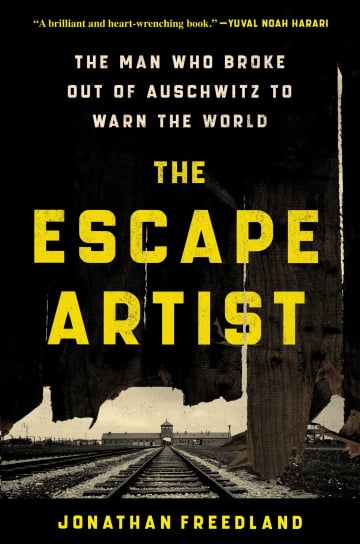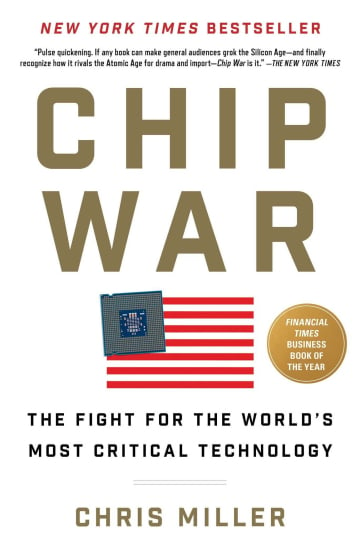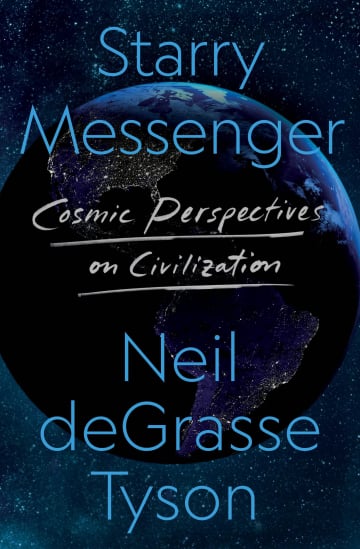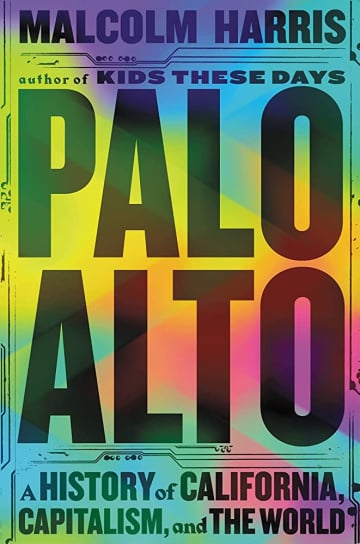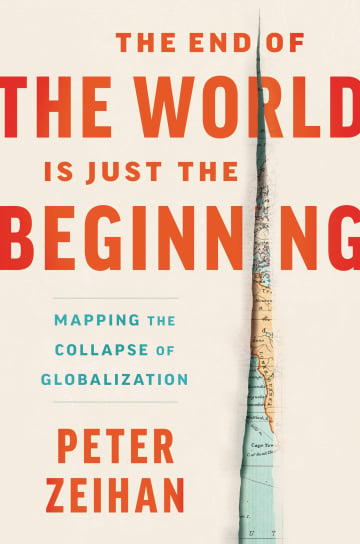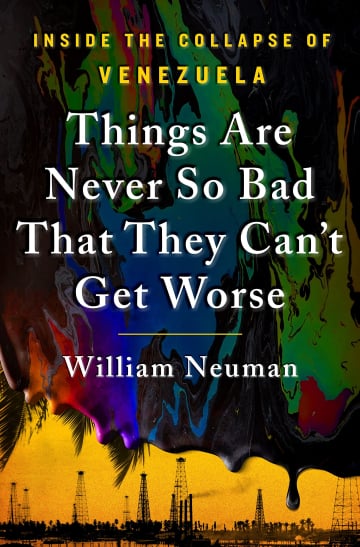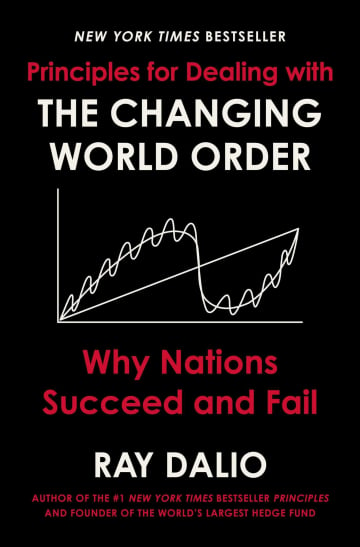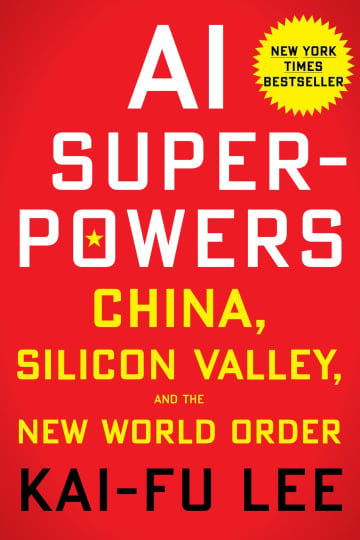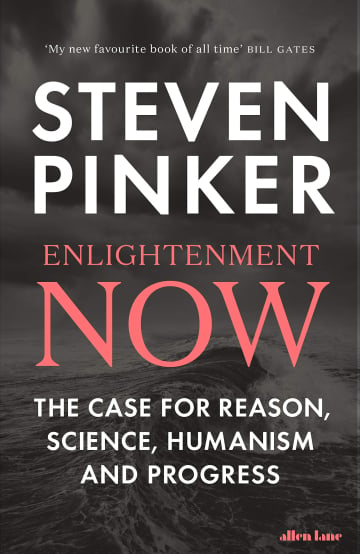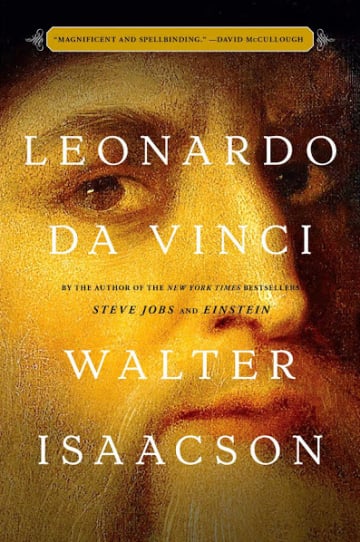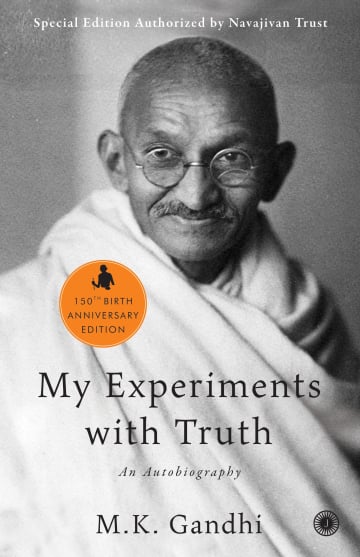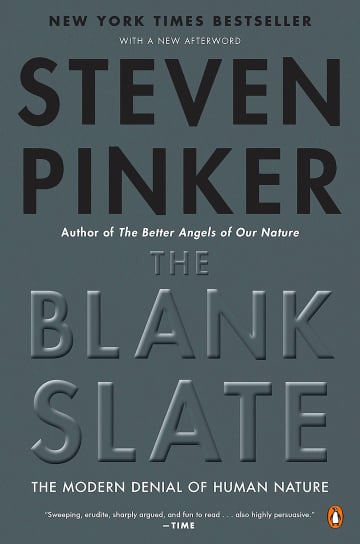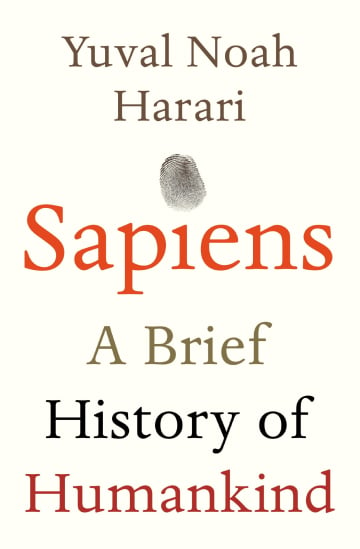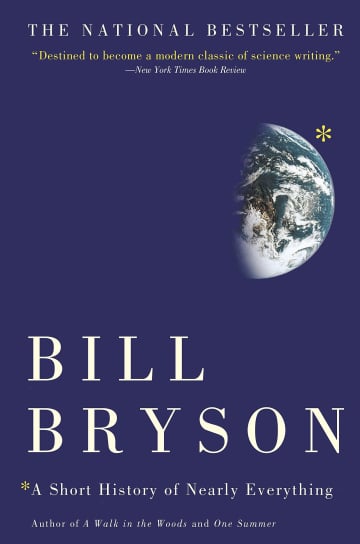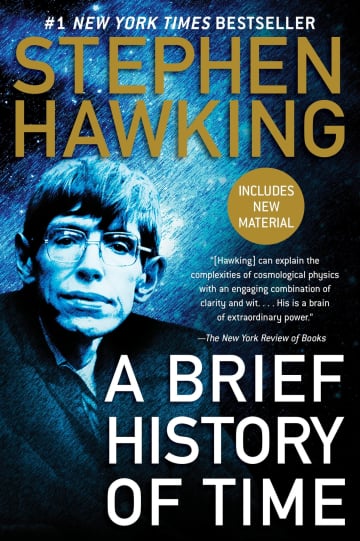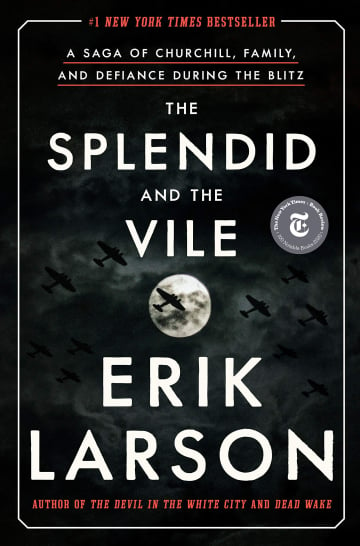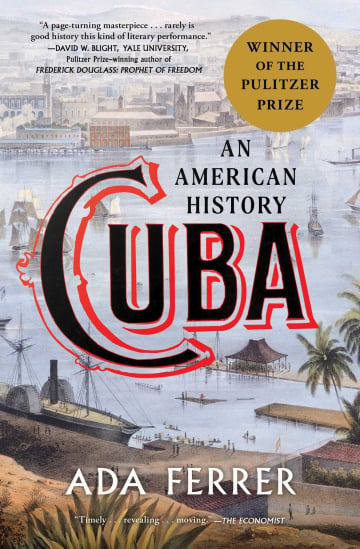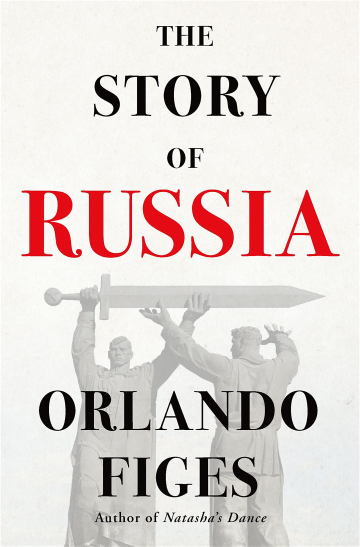
The Story of Russia
⚡️ 11 Quotes from the book
“The origins of Russia are a case in point. No other country has been so divided over its own beginnings. None has changed its story so often. The subject is inseparable from myth.”
“Within a century of the Mongol invasion the make-up of the lands once constituting Kievan Rus had changed dramatically – so much so that neither modern Russia nor Ukraine nor Belarus can lay any general claim to them.”
“Here was the fundamental instability of the Russian monarchy. The tsar’s authority was founded on the myth of his divine status as an agent of God’s rule in Holy Russia, the last surviving seat of the true Orthodox faith in the Third Rome ideology.”
“The end of the monarchy was marked by scenes of rejoicing throughout the empire. Rapturous crowds assembled in the streets of Petrograd and Moscow. Red flags were hung from the buildings. In Helsingfors, Kiev, Tiflis and other capitals, national flags were also hung.”
“The Civil War was a formative experience for the Bolshevik regime, whose methods of coercion, of ruling by the gun, became established in these years. The military emergency strengthened its dictatorship.”
“Short in size with a deformed arm and pockmarked face, speaking Russian with a Georgian accent, Stalin felt the condescension of the Party’s metropolitan leaders. Quick to take offence, but holding on to grudges for ever, he plotted his revenge by building up his power-base in the Party’s lower ranks. All the Bolshevik leaders underestimated him.”
“The war against the kulaks was an economic disaster, on top of its immense human costs. It deprived the new collective farms of the best and hardest-working peasants (because these are what the kulaks in fact were) and ultimately led to the terminal decline of the Soviet economy.”
“People dared not question the arrests. They suppressed their doubts, or found ways of rationalising them to preserve the basic structures of their Soviet identity.”
“The defeat of Nazism was a victory of the Soviet people, above all. They were fighting not for Communism – ‘for us’, as Stalin put it to the US envoy Averell Harriman – but ‘for their motherland’.”
“Russia thrives when it is united by a strong leader, and when not, in times of civil war, it is vulnerable to invasion by hostile foreign powers, which are afraid of a powerful Russia and want to keep it weak or break it up. The need for a strong state to defend its borders is of paramount significance.”
“Russia’s future is uncertain. But one thing is for sure: its history will never be the same again. The country’s past will be reinvented by the Russian state as its needs change, reimagined by its people as they look to redirect its course.”
Related videos
Other books by Orlando Figes
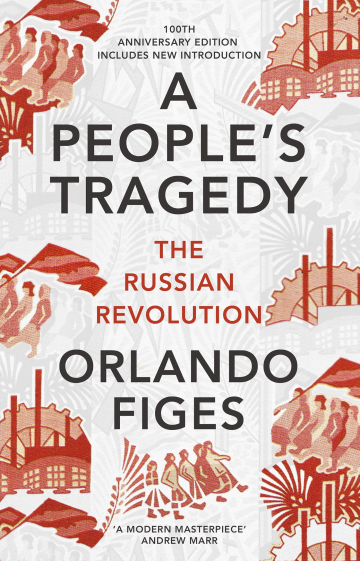
Publications
The Guardian: The Story of Russia by Orlando Figes review – Vladimir Putin and the power of myth-making
The New York Times: The Myths That Made, and Still Make, Russia
The Guardian: The Story of Russia by Orlando Figes review – what Putin sees in the past
The Times: The Story of Russia by Orlando Figes review: the daddy of all identity crises
Ask Albert:
Rate the book
⚡️ Discover Even More Bookish Wisdom
recommends
recommends

